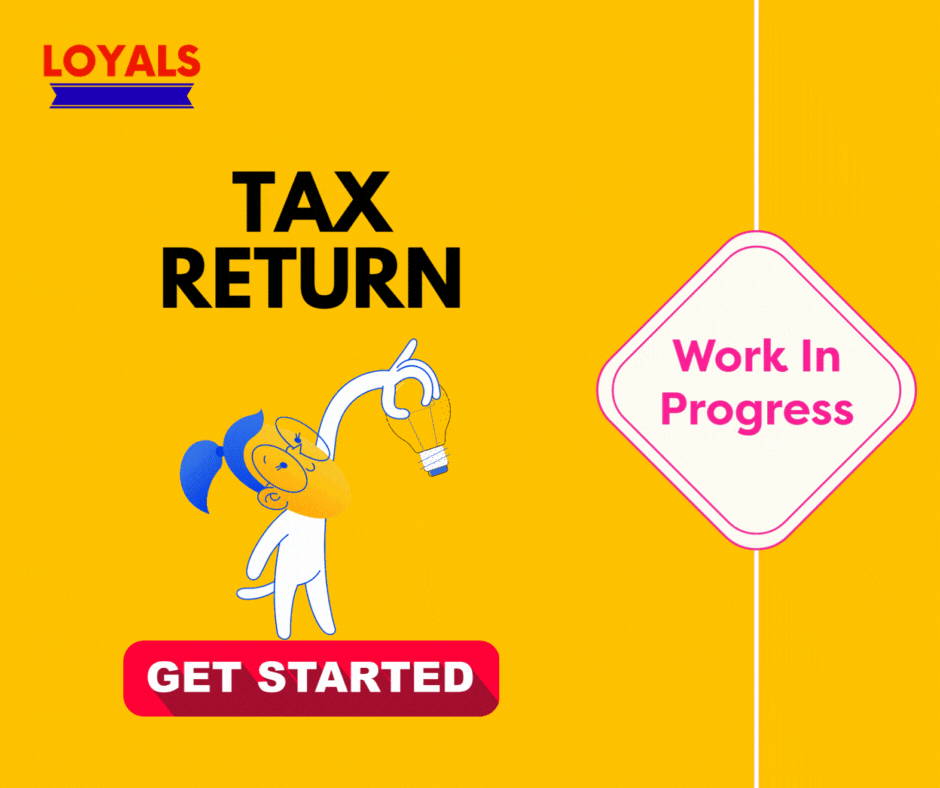Are you a UK property owner with a residential property valued over £500,000? If so, then you need to be aware of the Annual Tax on Enveloped Dwellings (ATED). This tax is payable by companies that own UK residential properties, either partially or completely, and can result in significant penalties if not managed properly.
In this article, we will guide you through all the essential information you need to know about ATED, including how to calculate your tax liability based on the value of your property, and how to submit your ATED return to HMRC by the 30th April 2023 deadline. We will also explain the penalties for failing to comply with ATED regulations, and why using professional accountants like LOYALS can help ensure you avoid costly fines.
So, if you want to stay on the right side of HMRC and ensure you're meeting all your ATED obligations, read on to find out everything you need to know about this important tax for UK property owners.
What is Annual Tax on Enveloped Dwellings (ATED)?
If you are a company that owns a residential property in the UK valued over £500,000, then it is important to be aware of the Annual Tax on Enveloped Dwellings (ATED). This is an annual tax that is payable by companies that own such properties, and it is necessary to review the value of your property as of 1 April 2022, which will form the basis for the ATED charge for the next five years.
How to avoid penalties for ATED returns?
The deadline for submitting your ATED return and paying any tax due for 2023/24 is 30th April 2023. It is important to note that there is a fixed penalty of £100 for failing to deliver a return by the filing date, and further penalties can be applied thereafter, up to a maximum of £1,300. It is therefore crucial to ensure that you meet this deadline and submit your return on time.
What are the ATED rates and how to calculate them?
The 2023/24 ATED rates are determined by the value of your property. For properties valued between £500,001 and £1m, the charge is £4,150, whereas for properties valued over £20m, the charge is a significant £269,450. If you are unsure about the value of your property, it is recommended to seek professional advice to ensure that you are correctly assessing the value and meeting your tax obligations.
The 2023/24 ATED rates are:
Property Value Charge
£500,001 - £1m £4,150
£1m - £2m £8,450
£2m - £5m £28,650
£5m - £10m £67,050
£10m - £20m £134,550
Over £20m £269,450
Who is exempt of paying Annual Tax on Enveloped Dwellings (ATED)?
It is also worth noting that an annual tax is payable on residential properties that remain empty. If your property is rented on the open market, it is exempt from paying tax, but a ‘nil’ return must be submitted to HMRC to claim this exemption no later than 30th April 2023. Failure to do so could result in fines, as outlined above.
How to submit your Annual Tax on Enveloped Dwellings (ATED)?
Submitting your ATED return can be a complex process, and it may be beneficial to use the services of a professional accountant to ensure that everything is completed correctly and on time. LOYALS accountants offer a submission service for a flat rate of £150. This can give you peace of mind that your ATED return has been submitted correctly, and you can avoid any penalties for late or incorrect submissions.
What sort of documents do I need to prepare ATED return and submit to HMRC?
To prepare and submit an ATED return to HMRC, you will need to gather some key documents and information related to your UK residential property. These include:
-
Property valuation - You will need to have an up-to-date valuation of your residential property as of 1st April 2022. This valuation will determine the ATED charge for your property for the next five years.
-
Ownership information - You will need to provide information about the company that owns the property, including the company name, registered address, and company registration number.
-
Property details - You will need to provide the full address of the residential property, including any postcodes or reference numbers.
-
Rental income details - If the property is rented out on the open market, you will need to provide details of the rental income received.
-
Bank details - You will need to provide your company's bank account details if you choose to pay any tax due by direct debit.
It's worth noting that if you choose to use a professional accountant like LOYALS to submit your ATED return, they will guide you through the process and help you gather all the necessary information and documents. This can save you time and ensure that your ATED return is submitted accurately and on time.
In summary, if you are a company that owns a residential property in the UK valued over £500,000, it is essential to be aware of the Annual Tax on Enveloped Dwellings (ATED) and your obligations regarding its submission and payment. Failing to meet the deadline or submitting an incorrect return can result in significant penalties, so it is recommended to seek professional advice if you are unsure. LOYALS accountants offer a submission service for a flat rate, which can save you time and ensure that everything is completed correctly. By staying on top of your tax obligations, you can avoid any unnecessary fines and focus on running your business. Contact LOYALS by useing the contact form on their website or mobile number which can be also found on thier web page.








Add comment
Comments